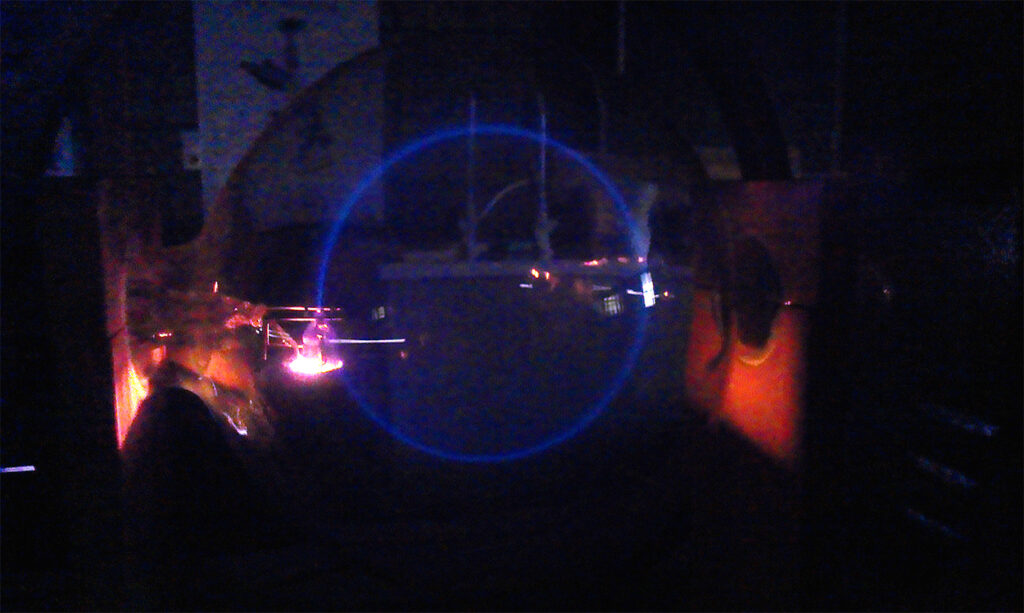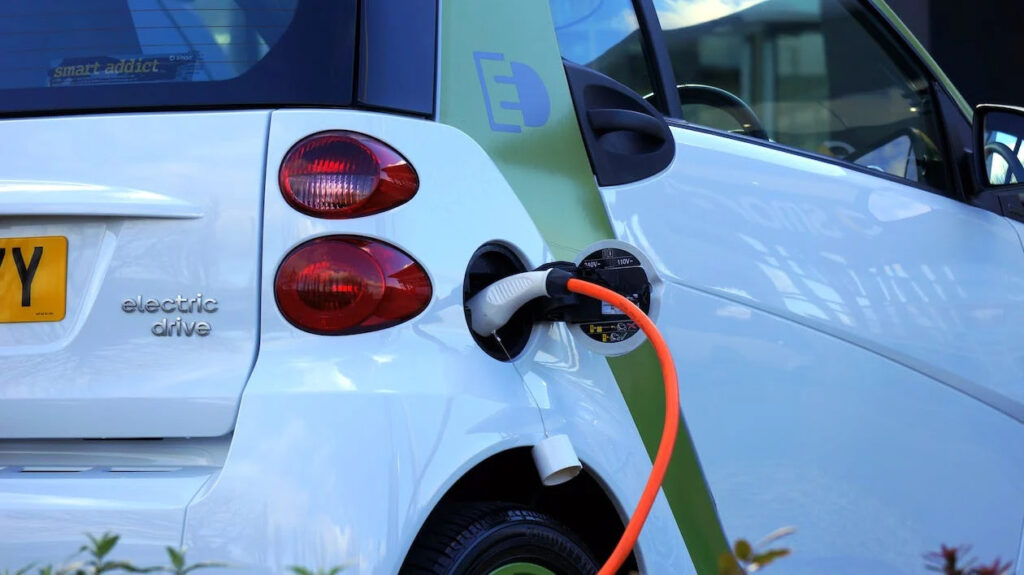Next-Gen EV Batteries: POSTECH’s Innovation Drives 1,000 km on a Single Charge
A breakthrough in battery technology will propel electric cars (EVs). Pohang University of Science & Technology (POSTECH) researchers develop a silicon-based battery technology that will revolutionize EV efficiency and range. This battery technology breakthrough addresses long-standing issues and sets the scene for EVs that can consistently go larger distances on a single charge. This innovation shows the automobile industry’s constant search of sustainable and economical energy solutions by exploiting silicon’s latent potential and cutting-edge gel polymer electrolytes.
Unveiling the Game-Changer: Silicon in EV Battery Technology

Silicon was introduced to EV battery technology, transforming the industry. Silicon, known for its energy storing ability, might greatly increase EV driving range. Its higher energy capacity than typical anodes ushers in a new age of EV efficiency and sustainability. Silicon, with experts working to maximize its potential, is transforming EV batteries, offering longer ranges on a single charge.
Innovative Approach: Micro Silicon and Gel Polymer Electrolytes
In a groundbreaking approach, researchers have combined micro-sized silicon particles with gel polymer electrolytes to create a new class of lithium-ion batteries. The selection of micro silicon strikes a balance between affordability and high energy density, addressing key economic barriers to advanced battery technology. Gel polymer electrolytes, known for their stability, complement micro silicon by providing a robust medium for ion transfer. Together, these components form the backbone of a battery system that is both cost-effective and efficient, paving the way for widespread adoption of long-range electric vehicles.
Overcoming Expansion Challenges: The Electron Beam Solution

Addressing the critical challenge of silicon’s expansion during charging, researchers have innovatively employed electron beam technology. This technique creates strong covalent bonds between micro-silicon particles and gel electrolytes, effectively managing the stress caused by volume changes. This solution not only counters the expansion issue but also enhances the battery’s structural integrity. The use of electron beam technology thus plays a crucial role in ensuring the durability and reliability of silicon-based batteries, making them a viable option for next-generation electric vehicles.
Impressive Results: High-Energy-Density and Scalability
The analysis revealed a significant increase in battery performance. The new silicon-based battery technology offers 40% higher energy density than standard batteries. The innovative design’s stability and efficiency with larger micro silicon particles provide confirmation. This battery system’s realistic manufacturing process demonstrates that it is suitable for large-scale production, indicating a promising future for high-energy-density batteries in electric cars. These findings demonstrate the project’s technical success and potential to transform the EV sector with sustainable and long-term energy solutions. Electric cars will soon be able to travel long distances on a single charge thanks to POSTECH’s battery innovation. This discovery, which combines silicon’s energy capacity with the endurance of gel polymer electrolytes, increases the performance of EV batteries and opens up additional sustainable and cost-effective energy solutions. This study demonstrates that serious scientific effort may provide practical, revolutionary consequences. As we reach a new era of EV technology, we will accelerate the global move to cleaner, more efficient transportation, solidifying electric cars’ role in a greener, more sustainable future.
